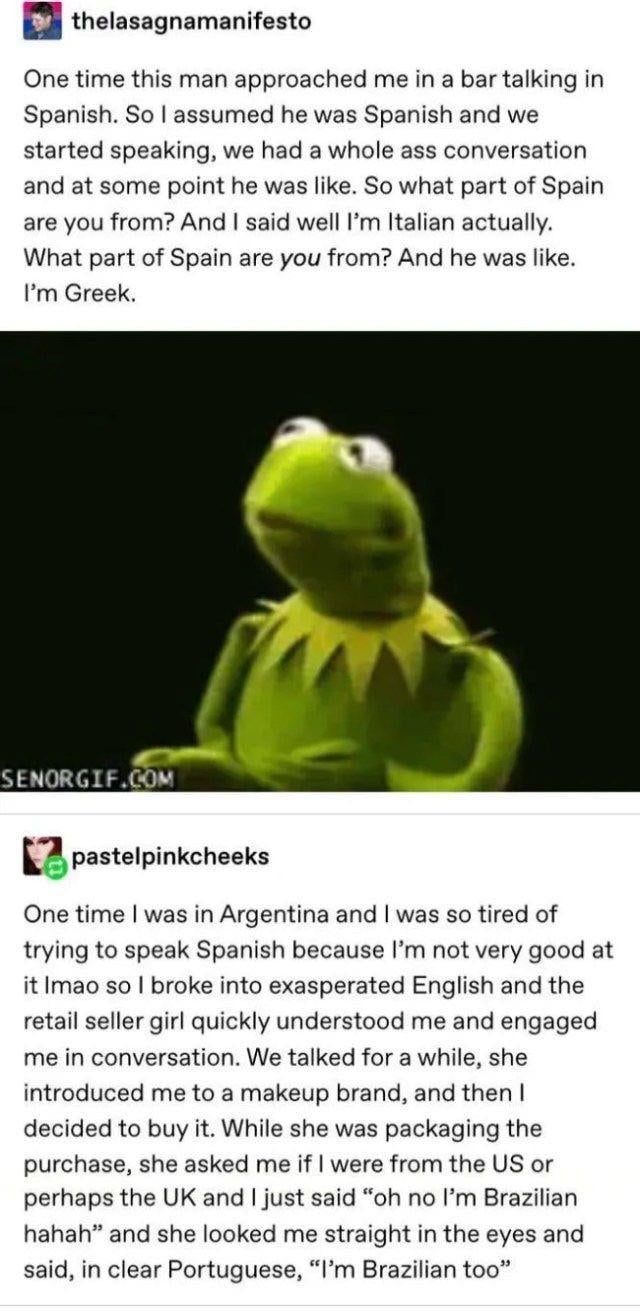this post was submitted on 08 Jan 2024
1143 points (99.2% liked)
tumblr
3500 readers
2 users here now
Welcome to /c/tumblr, a place for all your tumblr screenshots and news.
Our Rules:
-
Keep it civil. We're all people here. Be respectful to one another.
-
No sexism, racism, homophobia, transphobia or any other flavor of bigotry. I should not need to explain this one.
-
Must be tumblr related. This one is kind of a given.
-
Try not to repost anything posted within the past month. Beyond that, go for it. Not everyone is on every site all the time.
-
No unnecessary negativity. Just because you don't like a thing doesn't mean that you need to spend the entire comment section complaining about said thing. Just downvote and move on.
Sister Communities:
-
/c/TenForward@lemmy.world - Star Trek chat, memes and shitposts
-
/c/Memes@lemmy.world - General memes
founded 2 years ago
MODERATORS
you are viewing a single comment's thread
view the rest of the comments
view the rest of the comments

Brazilian portuguese has all the phonems spanish has, but not the other way around. half of the words have same root so brazilians understand spanish for the most part and can infer meaning.
the other way around is tougher, because what might be a "hard t" becomes a "soft t" in portuguese, a "e" sound like "i" on certain words, etc. So spanish speakers get really confused.
Just being aware of these differences can remove those "blockers" and make spanish speakers understand brazilian portuguese much more easily (since, as said before, the root of many words is the same).
As a Spanish speaker I find it much easier to understand spoken Italian than spoken Portuguese. However it's much easier to read Portuguese than Italian.
Also same grammar and even many expressions are the same (for example, we both ask people's name by saying what translates as "how do you call yourself", which is also the same as the French).
Then there are also all sorts of quirky cultural similarities - I remember being in this tiny village in the mountains in Peru and they had a bullfight in this tiny arena were the "bull" was really more of a calf and a guy playing a clarinette when the bullfighter went in, with people joking about how that seriously scrawny looking bull was a "cow", and all of that was just like it would happen in Portugal, up to and including the music being played on the clarinette. Bullfighting isn't even all that big in Portugal anymore, but it was funny how in a Spanish-speaking country a continent away there were so many cultural similarities in this, even down to how people made fun of the "cow".
I'm so confused. But thank you and I love you for helping try and understand.